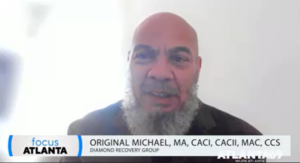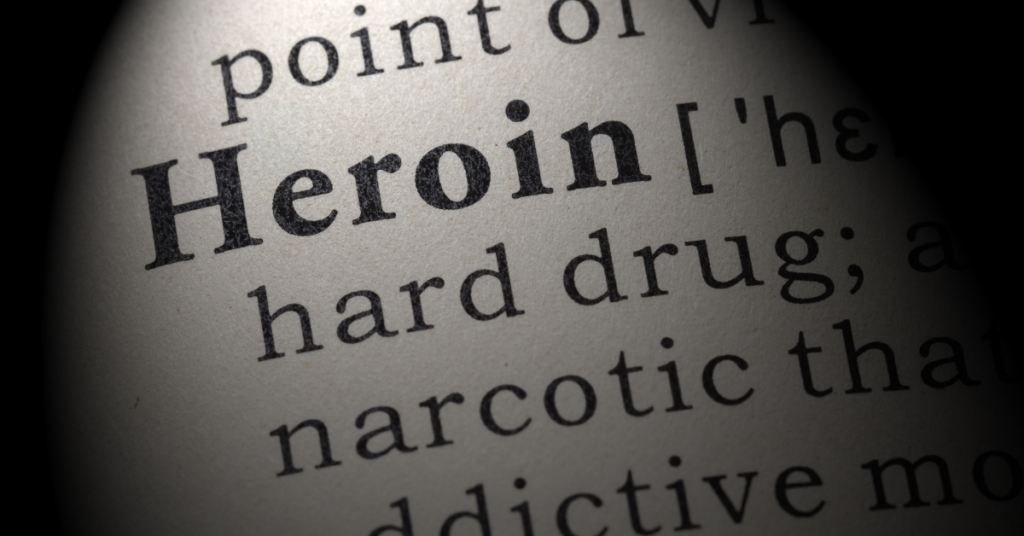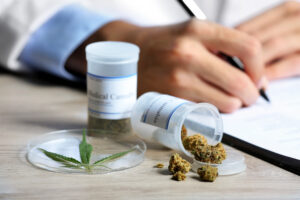

Recognizing and understanding the signs of heroin addiction is crucial for both individuals struggling with substance abuse and their loved ones. Heroin’s pervasive grip on the brain’s reward system makes it one of the most addictive substances known, often leading to profound physical, psychological, and social consequences. From the physiological effects that hijack the brain’s pleasure pathways to the observable behaviors and symptoms that manifest in daily life, gaining insight into heroin addiction is paramount for fostering awareness, intervention, and ultimately, pathways to recovery. Early support is key, and at Diamond Recovery, our heroin rehab in Florida offers tailored, evidence-based treatments in a compassionate environment, guiding individuals toward lasting sobriety and reclaiming control of their lives.
Heroin’s intense interaction with the brain’s reward system is what makes it so addictive. Heroin rapidly transforms into morphine once it reaches the body and attaches itself to the brain’s opioid receptors. These receptors are mainly found in areas like the nucleus accumbens that are linked to reward and pleasure. Heroin binds to its receptor and releases a large amount of dopamine, which is a neurotransmitter linked to pleasure and reinforcement. An overwhelming sense of pleasure and profound well-being is produced by this rush, which intensifies the desire to repeat the experience.
Moreover, the repercussions of heroin go beyond pleasure. Its ability to block the brain’s perception of pain and prevent the release of stress-related neurotransmitters adds to its appeal as a way to get relief from both mental and physical discomfort. The brain gradually adjusts to heroin use by producing less dopamine and other neurotransmitters naturally. As a result, tolerance develops and greater dosages of the medication are needed to get the same results. People may become caught in a never-ending search for the drug to evade withdrawal symptoms and relive the initial euphoria as the cycle of tolerance and dependency intensifies.
In addition to this, the lifestyle associated with heroin usage can increase its addictive potential. The rituals surrounding the gathering, preparation, and administration of the substance have the potential to solidify into deeply embedded behaviors that perpetuate the addiction. Peer pressure and environmental cues are examples of social factors that can play a role in the development and persistence of heroin addiction. Together with the drug’s profound impact on the reward system of the brain, these elements provide a powerful recipe for addiction, which makes heroin one of the most infamously difficult drugs to kick.
Identifying heroin addiction can be difficult because people will go to tremendous measures to hide their substance misuse. Nonetheless, several visible indicators and symptoms can point to a heroin addiction. These indicators, which can be behavioral, psychological, or physical, can provide light on the existence of a substance use disorder.
Common heroin addiction symptoms can include:
Physical Symptoms:
Psychological and Behavioral Signs:
If you notice these signs in yourself or someone you care about, give our Boca Raton drug rehab a call at 844-909-2525. Heroin addiction is a serious and potentially life-threatening condition, but with appropriate support and treatment, recovery is possible. Early intervention can significantly improve outcomes and increase the chances of successful recovery.
In the journey towards overcoming heroin addiction, finding a treatment program you can trust is paramount. At Diamond’s Florida rehab for heroin, we offer a comprehensive approach to addiction recovery that extends beyond heroin to include specialized programs such as our cocaine detox in Florida. Our tailored treatments incorporate evidence-based therapies such as cognitive-behavioral therapy (CBT), dialectical behavior therapy (DBT), and EMDR, providing individuals with the tools and support needed for lasting sobriety. If you or someone you know is struggling with heroin addiction, we encourage you to reach out to us today. Your journey to recovery starts here.





Creating foundations of solution for those suffering from substance use disorders.
Licensed by the State Department of Health Care Services
License: 191117AP
Expires: 01/31/2026
© Diamond Recovery 2024
About Us
Quick Links